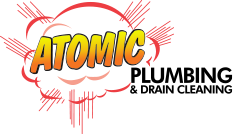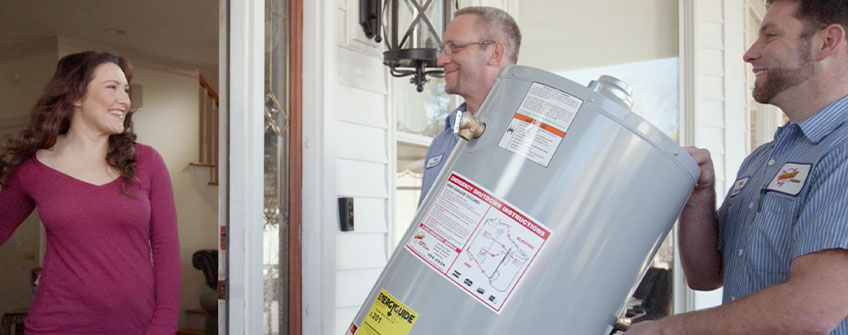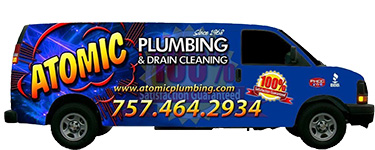Which Water Heater Is Right For You?
Nothing relaxes like a hot bath after a long day. You dip your toe in the water and…brrr! It’s ice-cold! It’s time to take a look at your water heater.
Most people don’t think about their water heater until it stops working.
How do you know when it’s time to repair or replace? Do you know how your water heater operates? What’s involved in a water heater installation?
Keep reading to find out what you need to know about water heaters.
What Are the Different Types of Water Heaters and How Do They Work?
Finding the right water heater for your home depends on energy source, size, cost, and personal preference. Let’s take a look at the different types and styles available and how they work.
How They Work
Most water heaters are powered by natural gas or electricity. Gas and electric water heaters operate in a similar way. Water heaters draw in cold water from your home’s water line to the bottom of the tank. A heating element inside the tank is activated by natural gas, oil, propane, solar energy, or electricity.
The cold water warms up as it’s exposed to the heating element and rises. You can set the thermostat on your water heater to your desired temperature. Hot water stays in the tank ready for use. Once you turn on your faucet, new cold water enters and displaces the hot water at the top of the tank.
Tankless water heaters contain similar gas or electric heating elements. However, tankless water heaters don’t have water storage capacity. The water is heated as it runs through the heating elements.
Tank or Tankless
Tank water heaters use a tank to heat and store water. By storing water in a tank, it’s ready to be used at any time. If all the hot water in the tank is used, homeowners have to wait for the water heater to reheat the tank.
Tankless or on-demand water heaters do not have a tank or reservoir to hold water. Tankless heaters heat the water as it comes through. Those enjoying tankless hot water heaters never have to worry about using up all the hot water.
Power Sources
Gas water heaters are powered by natural gas, propane, or fuel oil. Usually, the homeowner will decide to use the same source which heats the home. Gas water heaters connect to your home’s gas line. Gas water heaters need to vent outside the home as they contain toxic gasses such as carbon monoxide.
An electric water heater is powered by plugging into your home’s electrical source. Using electricity eliminates the need for a pilot light, chimney, and vent. Electric water heaters do not need to vent outside because they don’t emit dangerous fumes.
Heat pump powered water heaters gather surrounding heat inside. Some heat pump water heaters use geothermal energy to operate. While not as common, some water heaters are powered by solar energy.
Point Of Use
Point of use water heaters are usually small and only connected to one or two sources. These are typically electric and tankless and do not heat the entire home water supply.
What Are the Different Components of a Water Heater?
While brands, sizes, and styles vary, water heaters have the same basic components. Here are a few of the major ones.




